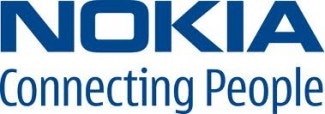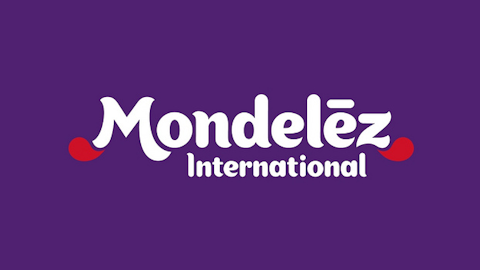On June 18, a strange thing happened to shares of Nokia Corporation (ADR) (NYSE:NOK): they rose as high as 12% from their opening price, accompanied by exceptionally high volume. Soon enough, rumors broke out that Huawei, a leading telecommunication giant, is considering a buyout of Nokia.

Twice in one month
This isn’t the first time in June that shares of an alleged target company are skyrocketing. During the pre-market session on June 6, shares of Sodastream International Ltd (NASDAQ:SODA) traded higher by 26% to a price over $87. The gains were in response to a report that PepsiCo, Inc. (NYSE:PEP) was looking to buy the at-home soda maker. This marked the second day in a row that these rumors were being spread, although Wednesday it was Coca Cola looking to buy Sodastream International Ltd (NASDAQ:SODA). Apparently, the rumor mill has been working exceptionally hard lately.
The underlying rational
Almost all buyout rumors have some underlying logic. Nokia Corporation (ADR) (NYSE:NOK), for instance, is sitting on a bag of approximately 14,000 different patents. It only makes sense for Huawei to buy the whole company and integrate its patents into Huawei’s new line of smartphones, rather than spend years in court fighting over them. At a cheap price-to-sales ratio of only 0.4x, it makes perfect sense to buy Nokia in its entirety. In Pepsi’s case, buying Sodastream International Ltd (NASDAQ:SODA) will add a new business segment to Pepsi–the make-at-home segment. This way, PepsiCo, Inc. (NYSE:PEP) can also benefit from customers who wish to prepare their own carbonated sugar water at home, rather then go out and buy themselves a bottle of soft drink. Contrary to Nokia Corporation (ADR) (NYSE:NOK), though, Sodastream International Ltd (NASDAQ:SODA) isn’t cheap. It’s trading at a price-to-sales of 3x, and a price-to-earnings of 31x.
From rumors to action
So, if an investor wishes to make money from an M&A activity, she must correctly time the M&A announcements and either purchase shares of the target company or sale short the shares of the acquiring company, right?
Well, not exactly. It turns out that this timing-task is on the verge of impossible. In addition, any attempt to purchase shares of the target company after the M&A rumors have become common knowledge has been proven to be a non-profitable strategy. As an illustration, anyone who bought Sodastream International Ltd (NASDAQ:SODA) at the peak price of $87 is now sitting on losses of 16% in less than a week. These type of fast and furious losses are difficult to recuperate. But there is another way, a profitable one, to play M&A rumors.
How to look at rumors – the right way
According to research by Yuan Gao and Derek Oler on M&A rumors and pre-announcement trading, in most cases rumors fail to materialize into public announcements. It turns out that short selling rumored acquisition targets is, in fact, a profitable strategy.
The researchers further elaborate that on average, stock prices of rumored firms drift down to their pre-rumor level over a 70-day period after the initial price jump, and that only 12% of rumored takeovers materialize into actual announcements within 70 days. The average return to a shorting rumor strategy over this period is 4.2% (above index), and when one restricts this strategy to only include “hot” M&A years and exclude extremely large mega cap firms, profits increase to 12.7% (again, above index).
In other words, in 88% of the cases, rumors fail to materialize (due to a thousand different reasons), and the investors who were previously rushing to take a piece of the action are now rushing for the exit.
The explanation that the two researchers attribute to this phenomena is very clear–the market always overreacts to takeover rumors. Combining this psycho-financial fact together with the finding that 88% of the rumored takeovers never actually materialize leads to a profitable robust short – selling strategy.
The Foolish conclusion
There’s no need to rush and try and buy shares of a rumored target company. In most cases, you’ll make much more money by shorting the target company right after the rumor has already spread. It turns out that in most cases, well, rumors are nothing more than just rumors.
Shmulik Karpf has no position in any stocks mentioned. The Motley Fool recommends PepsiCo and SodaStream. The Motley Fool owns shares of PepsiCo, Inc. (NYSE:PEP) and Sodastream International Ltd (NASDAQ:SODA).
The article How To Profit From Acquisition Rumors originally appeared on Fool.com.
Shmulik is a member of The Motley Fool Blog Network — entries represent the personal opinion of the blogger and are not formally edited.
Copyright © 1995 – 2013 The Motley Fool, LLC. All rights reserved. The Motley Fool has a disclosure policy.




